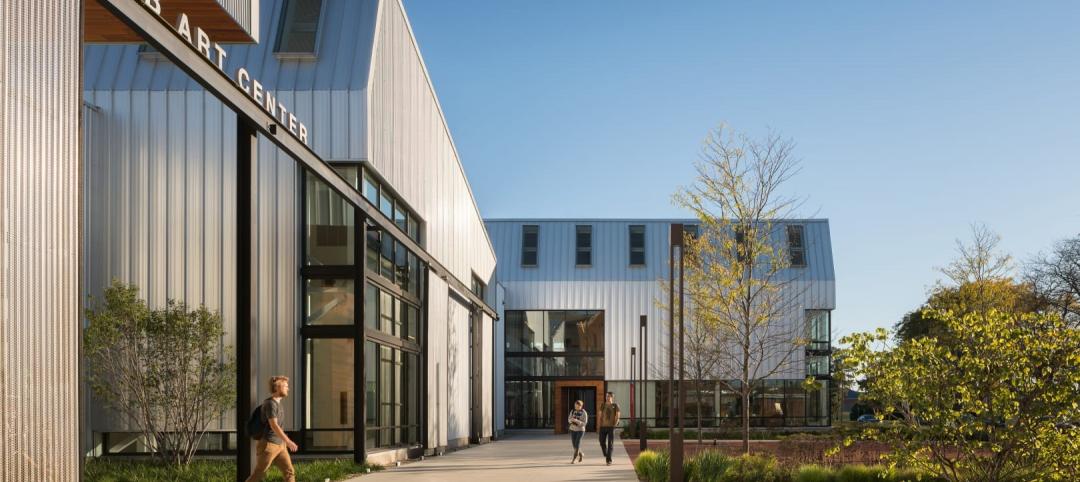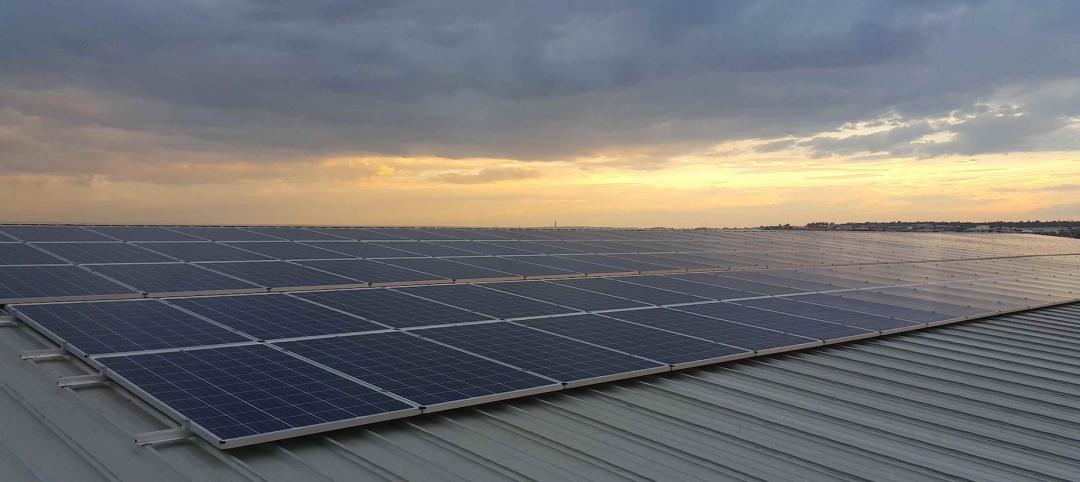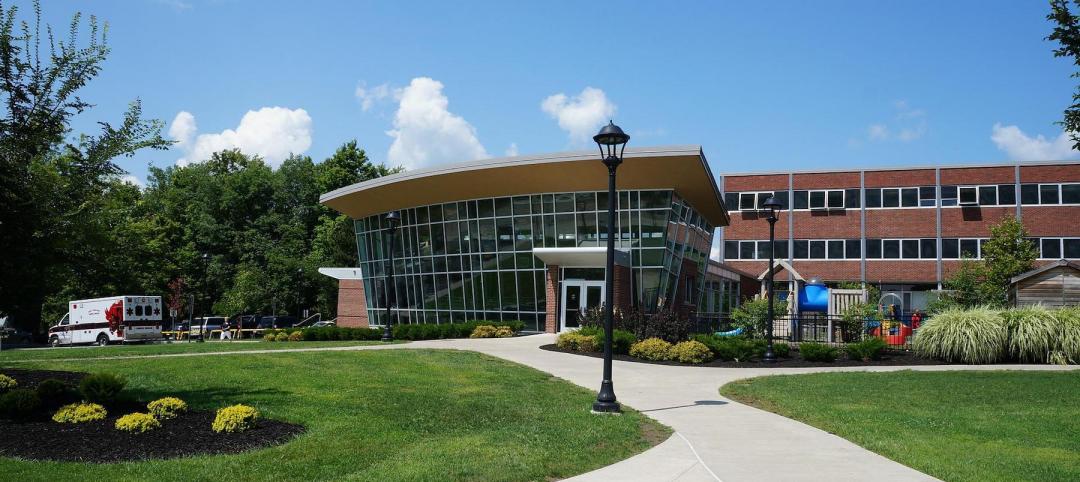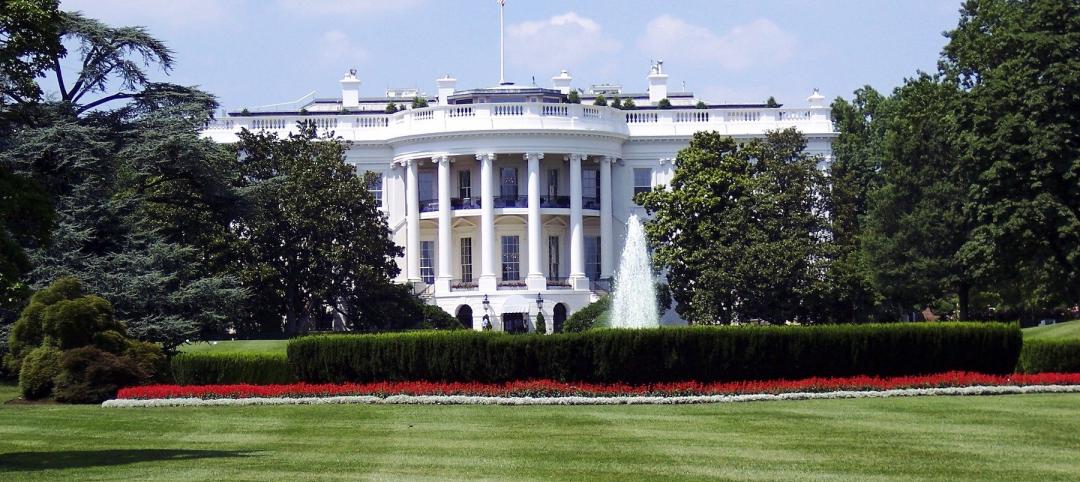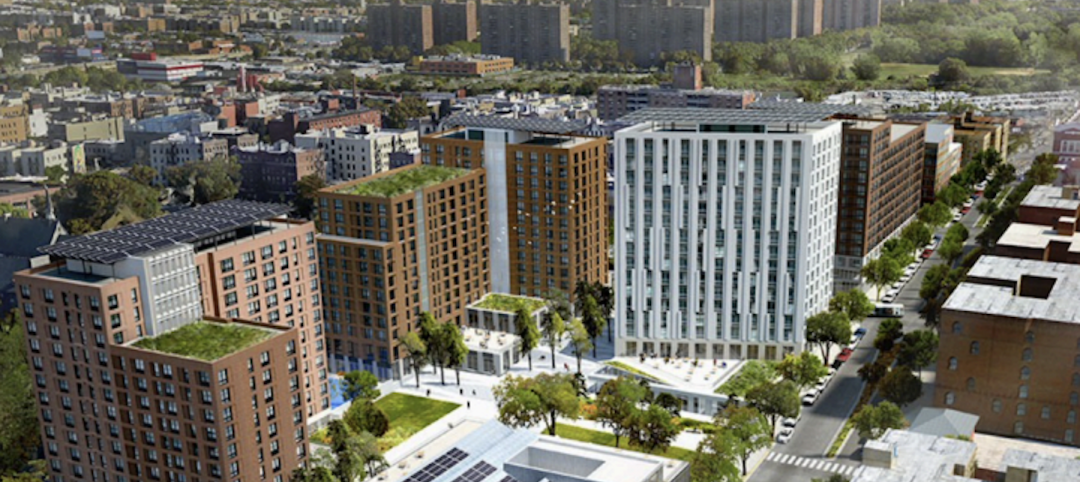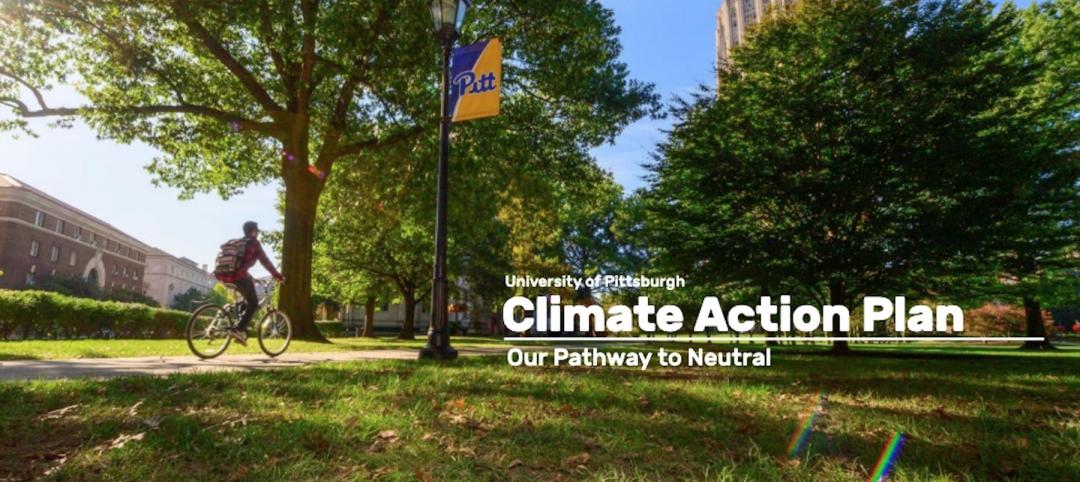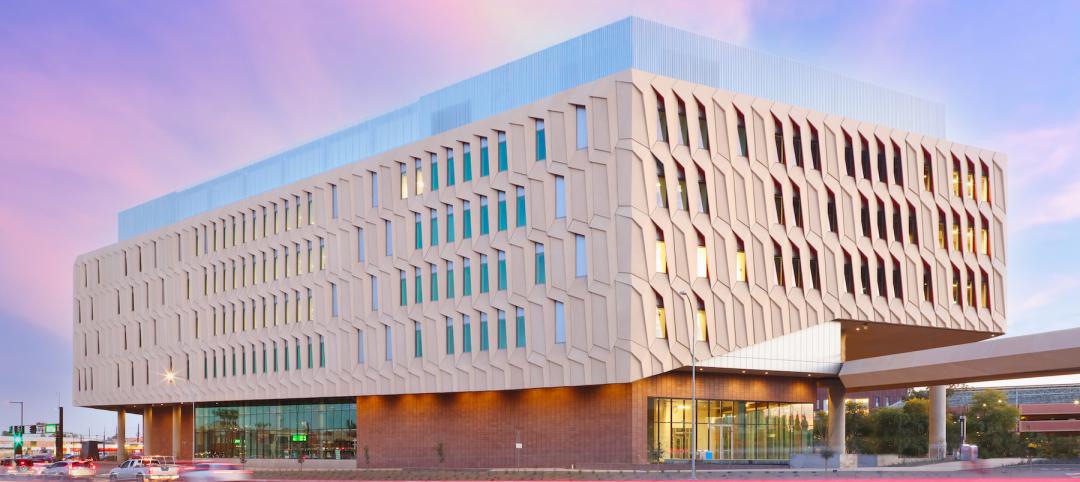The U.S. Department of Energy is offering funding to help state and local governments upgrade their building codes to boost energy efficiency.
The department is making $1 billion available through the Technical Assistance for the Adoption of Building Energy Codes program. The awards will support states and local jurisdictions in adopting, implementing, and enforcing the latest model, zero energy codes, or equivalent codes and standards.
This technical assistance opportunity, funded through the Inflation Reduction Act (IRA), will make two types of Building Code Technical Assistance available:
$330 million will be available to adopt the latest building energy code, the 2021 International Energy Conservation Code (IECC) for residential buildings and the ANSI/ASHRAE/IES Standard 90.1–2019 for commercial buildings, or other codes and standards that achieve equivalent or greater energy savings.
$670 million will be used to adopt a building energy code that meets or exceeds the zero energy provisions in the 2021 IECC code, or other codes and standards with equivalent or greater energy savings.
Related Stories
Architects | Apr 22, 2022
Top 10 green building projects for 2022
The American Institute of Architects' Committee on the Environment (COTE) has announced its COTE Top Ten Awards for significant achievements in advancing climate action.
Energy-Efficient Design | Apr 19, 2022
A prefab second skin can make old apartments net zero
A German startup is offering a new way for old buildings to potentially reach net-zero status: adding a prefabricated second skin.
Legislation | Apr 11, 2022
Dept. of Energy releases RFI for K-12 schools energy upgrade program
The U.S. Dept. of Energy (DOE) released a Request for Information (RFI) to help decide how best to spend $500 million from the recently passed federal infrastructure law for K-12 public school energy upgrades.
Codes and Standards | Apr 8, 2022
Dept. of Energy boosts energy efficiency standards for federal buildings
The Department of Energy’s recently released new energy efficiency standards for federal buildings.
Multifamily Housing | Apr 7, 2022
Ken Soble Tower becomes world’s largest residential Passive House retrofit
The project team for the 18-story high-rise for seniors slashed the building’s greenhouse gas emissions by 94 percent and its heating energy demand by 91 percent.
Multifamily Housing | Mar 31, 2022
Mixed-use affordable housing project aims for zero waste
The Peninsula in the Bronx, N.Y., a mixed-use affordable housing campus, just opened its first phase.
Legislation | Mar 28, 2022
LEED Platinum office tower faces millions in fines due to New York’s Local Law 97
One Bryant Park, also known as the Bank of America Tower, in Manhattan faces an estimated $2.4 million in annual fines when New York City’s York’s Local Law 97 goes into effect.
Energy-Efficient Design | Mar 25, 2022
University of Pittsburgh Releases ‘Pitt Climate Action Plan’
The University of Pittsburgh has released the Pitt Climate Action Plan, detailing how the University will achieve its goal to go carbon neutral by 2037 through investments in clean energy, transportation, efficiency and other areas.
Codes and Standards | Mar 24, 2022
New York senate moves to speed up fossil fuel ban in new buildings
Lawmakers in the New York State Senate are backing a proposal to ban fossil fuels in new building construction three years sooner than a plan proposed by Gov. Kathy Hochul.
Education Facilities | Feb 24, 2022
New ASU science and tech building features innovative sustainability elements
Arizona State University’s Interdisciplinary Science and Technology Building 7, completed in December 2021, was constructed with numerous innovative sustainability elements.



